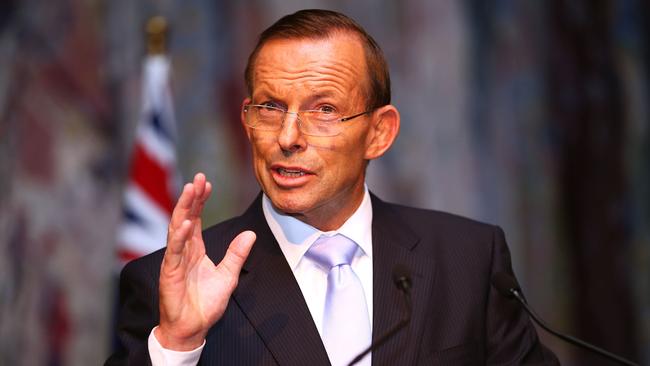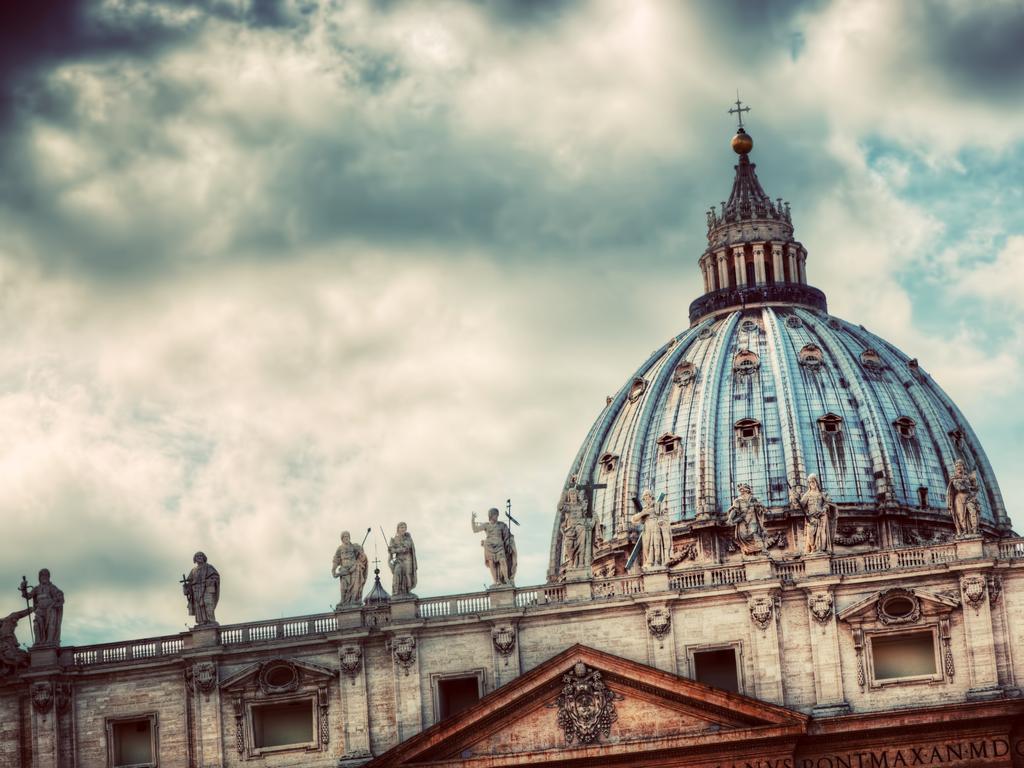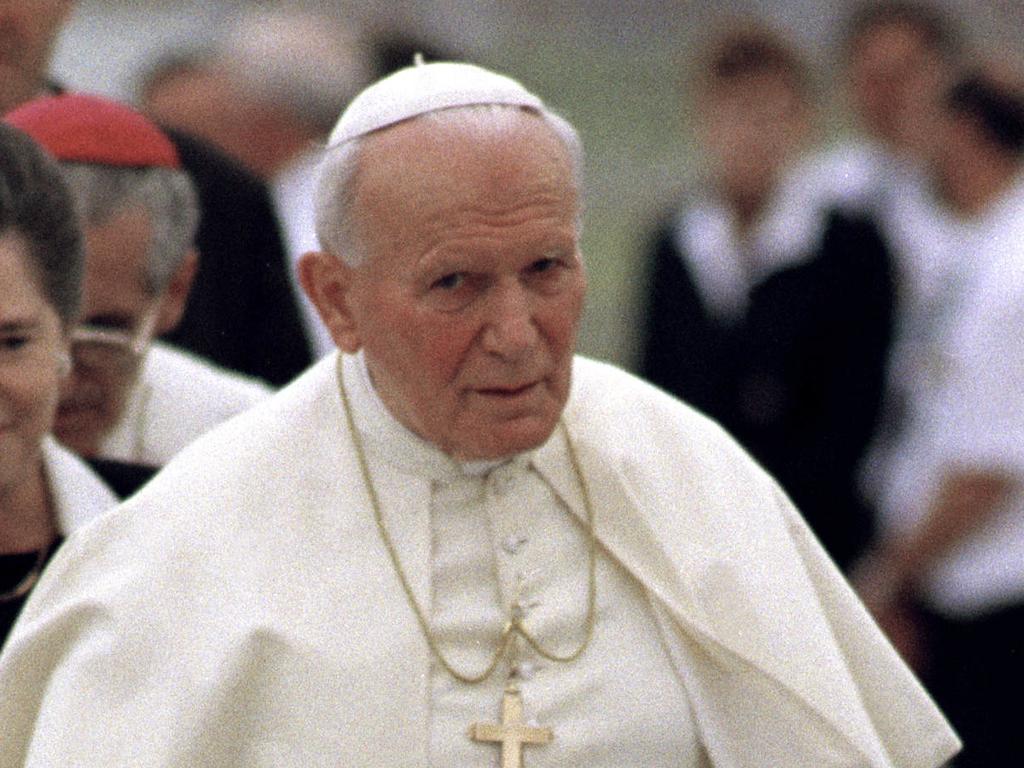Faith not always aligned with right policy
The church can contribute to a better world, but Catholic social teaching can’t solve contentious political issues.

Like Greg Craven, I take Catholicism seriously and hope to be “my best self” in ways that are pleasing to God. I’m less convinced than Craven that the church has unique expertise in public life (as opposed to faith and morals) and doubt that Catholic social teaching can give definitive and compelling answers to contentious political issues.
There’s no doubt the church has an immense contribution to make to building a better world, but I suspect this lies much more in the “formation” of the individuals who participate in public life than in providing specific “Catholic answers” to the issues it throws up.
Although Catholic social teaching is supposed to be based on reason rather than revelation, and therefore to be accessible to “all men of goodwill”, I doubt anyone reading an encyclical could mistake it for anything other than a church document. I agree with Craven that public policy should indeed respect the dignity of the human person, strive to realise the common good, be formulated and implemented as close to the people impacted as possible, and appreciate the diminution of any person impacts on everyone (as Catholic social teaching holds). But although these principles should certainly rule out some policies, I’m not sure how far they can take us in ruling in any particular policy.
In my view, it’s impossible to be virtuous using someone else’s money, hence my discomfort with the “social justice” (or indeed “social gospel”) advocacy that seeks punitive rates of taxation in order (say) to alleviate poverty. All we can demand of government is that it be just, not that it be charitable; and much that might be worthy in an individual, if made mandatory by government, could become positively oppressive. For instance, why should a price set by a tribunal be more morally compelling than a price arrived at through the operation of markets – especially as the lived experience of price control has generally been more authoritarian governments and fewer prosperous economies? Hence my caution with the “distributism” that’s so frequently associated with Catholic social teaching.
In Centesimus annus, Pope John Paul II calls for a free and virtuous society composed of three interlocking parts: a democratic political community, a free economy, and a robust moral culture. This teaching on the need for a free economy is still frequently lost in what George Weigel calls “the quixotic search for a “Catholic third way” somewhere ‘beyond’ capitalism and socialism”.
Yet however refined and elaborated, I’m still sceptical of the extent to which Catholic social teaching can take us from worthy principles to practical policy. Some things may be off limits for a serious Catholic in public life: such as even more permissive abortion laws or the legalisation of assisted suicide (based, it should be said, on a universally accessible conception of human dignity rather than any church diktat). Even so, the presence of serious Catholics at all points of the political compass, at least those falling between complete libertarianism and green absolutism, should be grounds for caution against any attempt to distil compelling “Catholic” positions.
Craven is on much stronger grounds, in my judgment, lamenting the “disconnected pragmatism” and “transactional politics” that he thinks have come to dominate our public life, where “some crisis or loss in an opinion poll” drives decision-making rather than a framework of principles. I suspect that what most changes in our public life is less the subject matter of the arguments than the human factor. If our public life is now as diminished as Craven suggests, that may have more to do with the quantum of character, conviction, and courage in our current crop of leaders than the ubiquity or otherwise of Catholic social teaching. If politics is downstream of culture, the best way to improve it may be to rekindle an appreciation of the best that’s been thought and said and to encourage men and women who see public life more as a calling than a career.
This, in my view, is the true vocation of the church in the world: it’s less to preach politics than to encourage all men and women of goodwill, especially those labouring in the vineyard of public life, more of whom might, to our general advantage, be steeped in the ideals of duty and service – indeed, the humility that faith helps to engender. The mission of the church is not to make us perfect but to make us better. Catholic social teaching has an important role to shape our thinking and our characters but not to direct our policies. After all, can anyone point to a moral theologian who has also been an effective statesman?






To join the conversation, please log in. Don't have an account? Register
Join the conversation, you are commenting as Logout